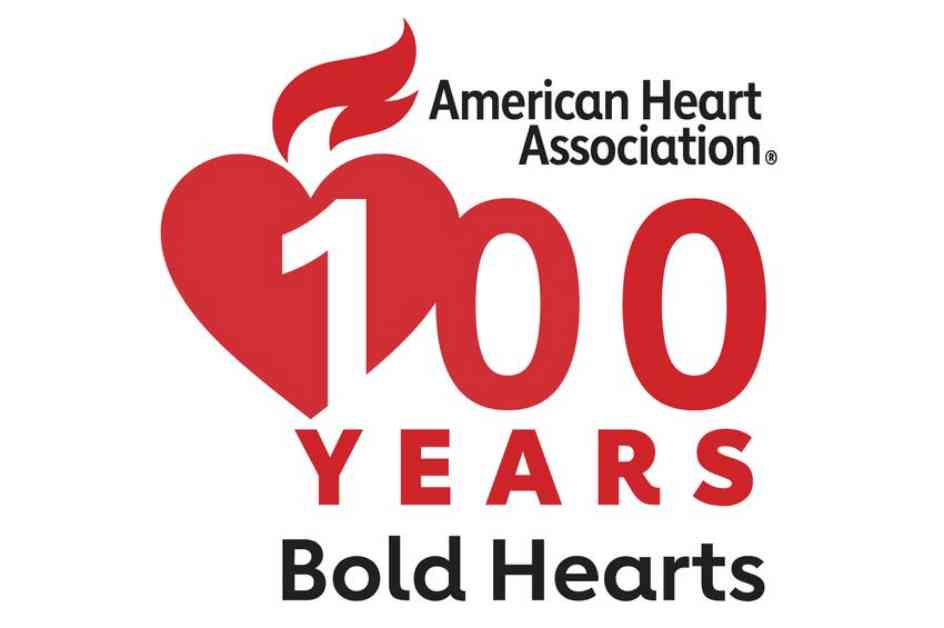House Passes HEARTS Act to Improve Cardiac Arrest Response in Schools
In a significant step towards improving cardiac arrest response in schools, the U.S. House of Representatives recently passed the Cardiomyopathy Health Education, Awareness, Research and Training in Schools (HEARTS) Act. This legislation aims to ensure that students, staff, and school visitors are adequately prepared to respond to a cardiac emergency, ultimately increasing the chances of survival for those affected. The American Heart Association, which has been at the forefront of advocating for improved cardiac care, has praised this bipartisan effort and is urging swift action by the U.S. Senate to further enhance life-saving measures.
Impact of the HEARTS Act on School Communities
The HEARTS Act is designed to enhance the chain of survival in elementary and secondary schools across the nation by establishing a grant program at the U.S. Department of Health and Human Services. This program will support training in CPR and the use of automated external defibrillators (AEDs), as well as facilitate the development of cardiac emergency response plans. Studies have shown that having access to AEDs and trained individuals can more than double survival rates from cardiac arrest. In fact, children in schools equipped with AEDs are seven times more likely to survive a cardiac event compared to those in schools without this life-saving equipment.
A Call to Action for Senate Approval
Nancy Brown, Chief Executive Officer of the American Heart Association, emphasized the importance of having a comprehensive plan in place and individuals who are prepared to act swiftly during a cardiac emergency. With over 350,000 people experiencing cardiac arrest outside of a hospital each year, the need for immediate intervention cannot be overstated. Research indicates that for every minute without CPR, the chances of survival decrease by 10%. Therefore, the passage of the HEARTS Act is crucial in ensuring timely and effective responses to cardiac emergencies in schools.
Growing Confidence in CPR Skills
One encouraging trend highlighted by a recent American Heart Association survey is the increasing number of individuals across the country who feel confident in performing CPR. This shift in public perception means that more people are equipped to provide critical care to those experiencing a cardiac arrest before emergency responders arrive. By empowering bystanders with the knowledge and skills needed to intervene, the HEARTS Act has the potential to significantly improve outcomes for individuals facing a cardiac emergency.
The HEARTS Act incorporates key provisions of the Access to AEDs Act, which was introduced in March 2023. Since then, the American Heart Association has mobilized a vast network of advocates to share their experiences with lawmakers and raise awareness about the importance of timely intervention in cardiac emergencies. Through grassroots campaigns, digital advertising, and social media outreach, the Association has been instrumental in driving support for policies that prioritize cardiac care and emergency response measures.
Collaborative Efforts for Nationwide Impact
As a founding member of the National Football League’s Smart Heart Sports Coalition, the American Heart Association has been actively working with states to implement policies that promote cardiac emergency preparedness in school athletic facilities and events. By ensuring quick access to AEDs, developing cardiac emergency response plans, and training coaches in CPR and AED use, these efforts are aimed at creating a safer environment for student-athletes and spectators alike. In 2024 alone, 13 states have passed legislation supporting these initiatives with bipartisan backing.
Nancy Brown reiterated the Association’s commitment to transforming bystanders into lifesavers through continued advocacy and collaborative partnerships. By urging the Senate to swiftly approve the HEARTS Act, the American Heart Association aims to establish comprehensive measures that can save lives and improve outcomes for individuals facing cardiac emergencies.
In conclusion, the passage of the HEARTS Act represents a significant milestone in enhancing cardiac emergency response in schools and communities across the country. By prioritizing training, access to AEDs, and the development of effective response plans, this legislation has the potential to make a profound impact on survival rates for individuals experiencing cardiac arrest. As the Senate considers this critical legislation, the American Heart Association remains steadfast in its mission to advance health and hope for everyone, everywhere.


















